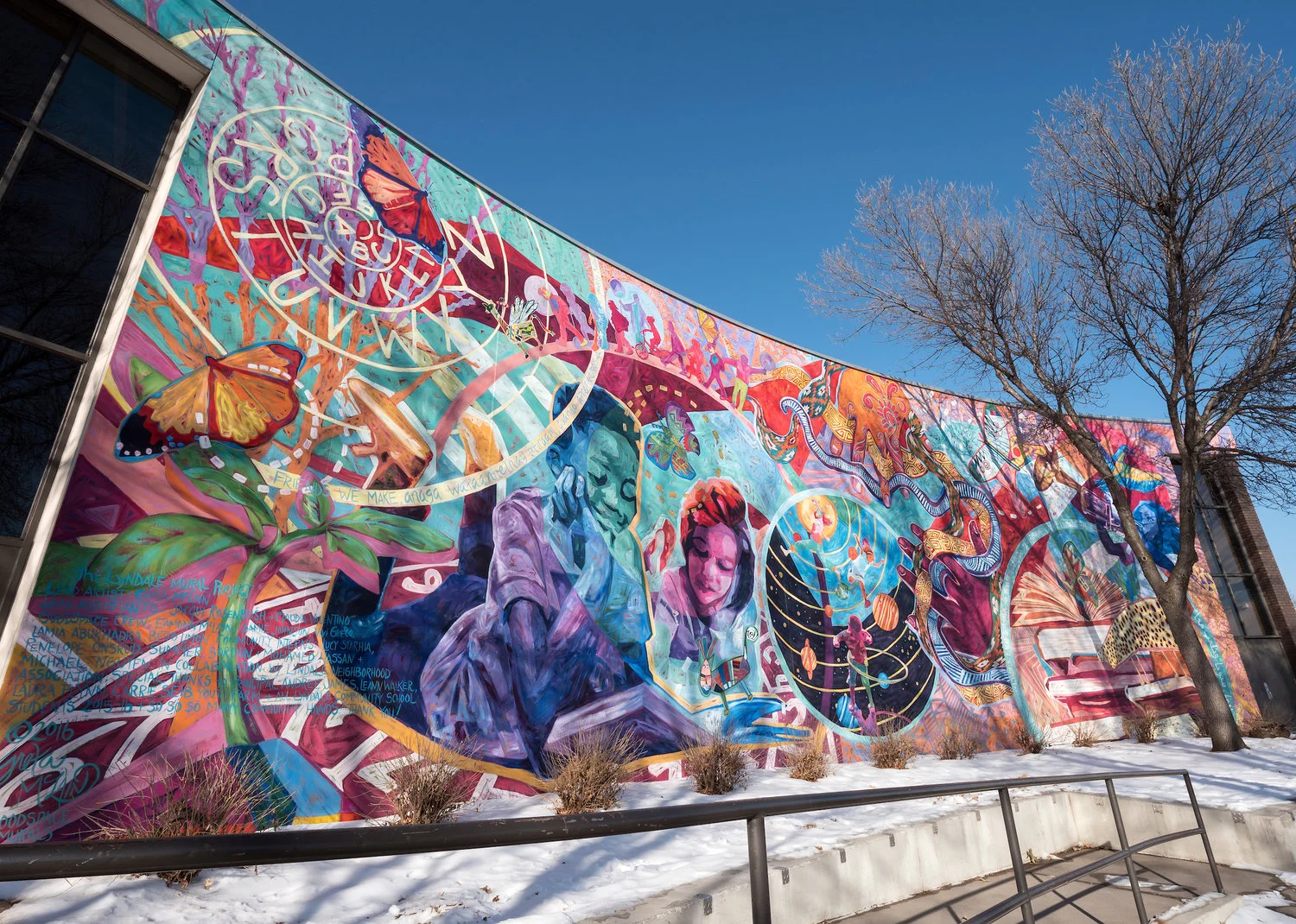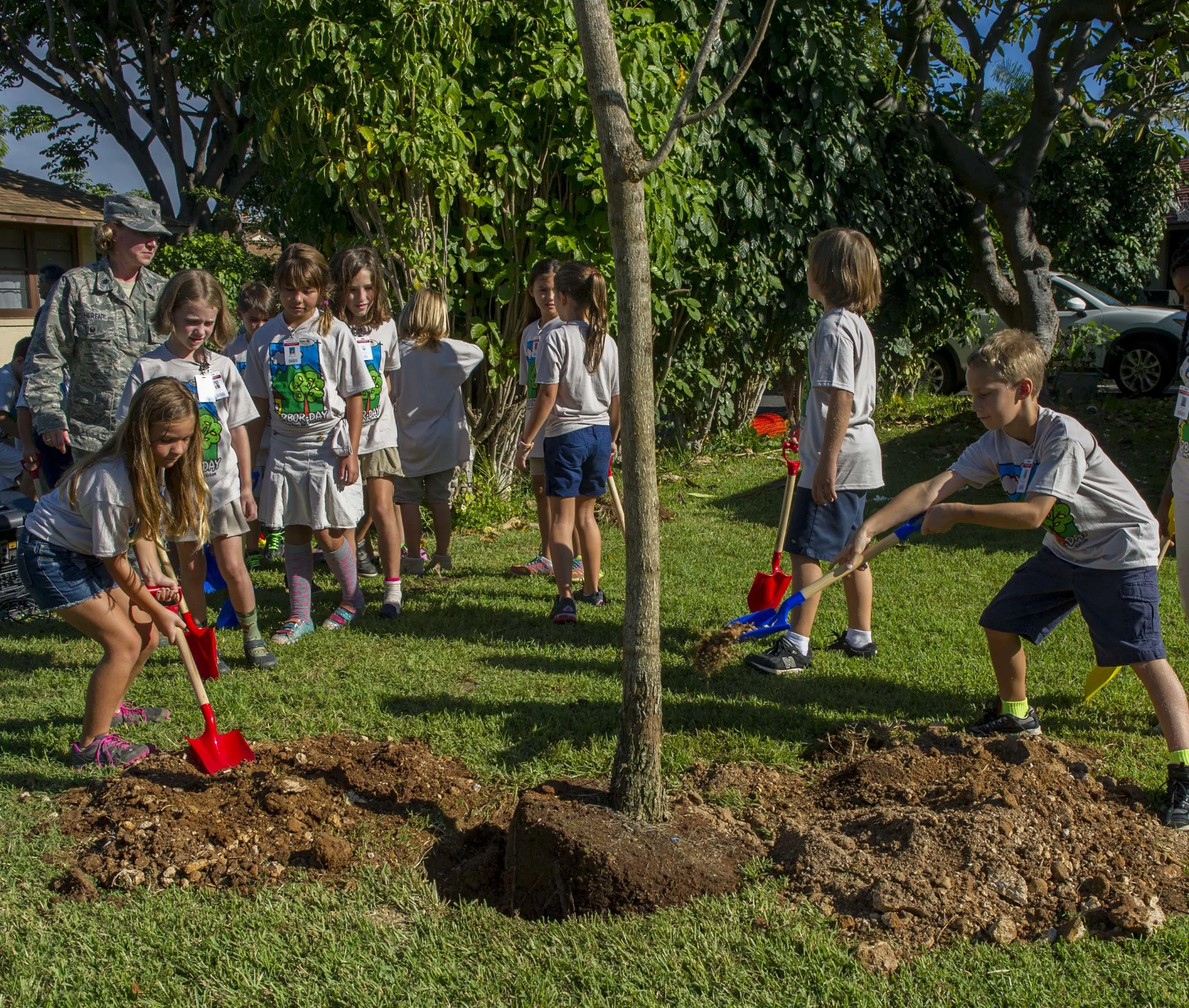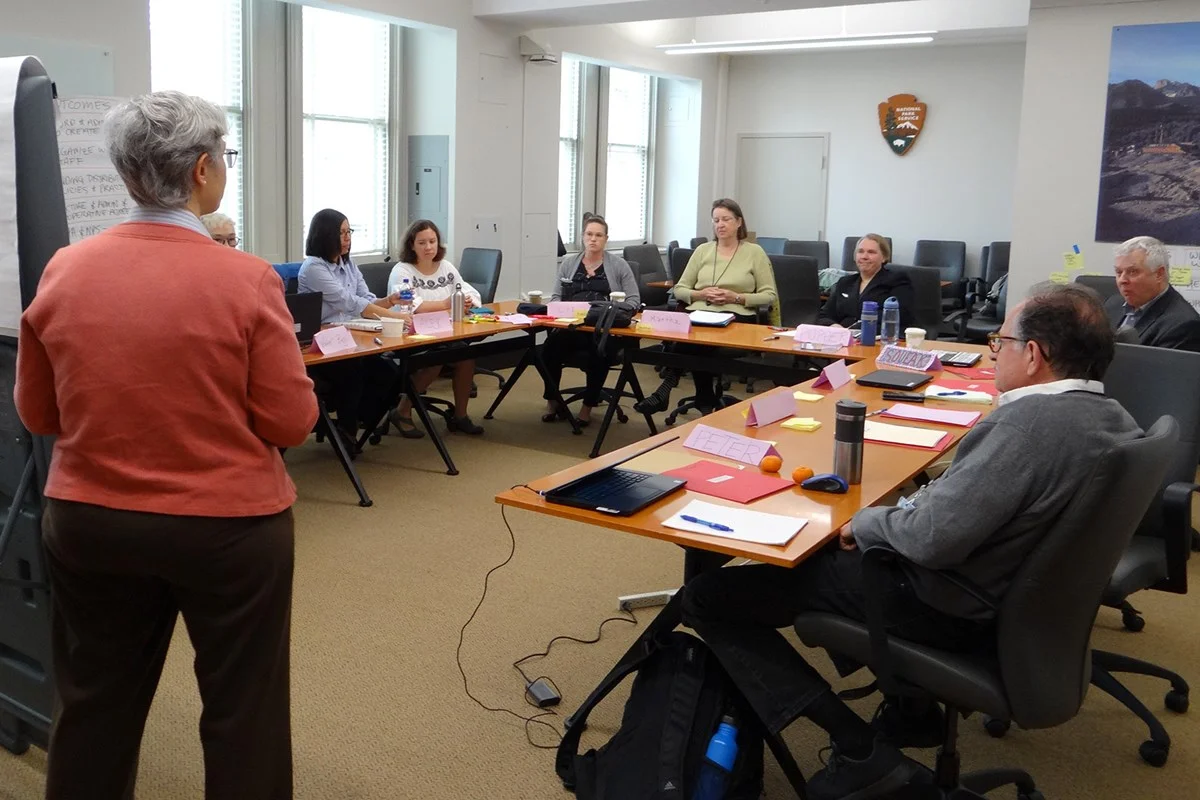A failed mall can feel like a monument to your community’s economic failure. A presidential hopeful has an idea to bring them back to life. But is it a good thing?
Read MoreGreta McLain—Artistic Director at GoodSpace Murals, a Minneapolis-based organization that promotes community development through public art—shares how you can use public art to build community in your own city or town, including how to create a tribe of public art advocates in your community, and how to turn stakeholders leery of public art into advocates.
Rafa Wright—Detroit native, community leader, and soon-to-be owner of a new, Detroit-based neighborhood grocery—shares how you can make neighborhood-led investments in your community, including how to observe where people struggle, how to find the right investments for your neighborhood, and how to get your neighbors involved in the process.
Read MoreThere are huge swaths of 1950s and 1960s suburbia that need a bit of TLC—and expensive, top-down “sprawl repair” isn’t going to be up to the task. What’s required is a more patient, grassroots approach. Urban planner John Yung has some ideas.
Read MoreYou might think you want your government to be as streamlined as efficient as possible—until a hacker takes down your whole data network in one fell swoop.
Read MorePlanting a tree, fixing a sidewalk or a street light, painting a crosswalk: these are some of the highest-returning investments we can make today. So why aren’t our cities oriented toward them? Two very different conversations featuring Strong Towns president Chuck Marohn explore this question.
Read MoreOnce a month we host Ask Strong Towns, a members-only live Q&A webcast. Here’s the video and audio from this month’s.
Read MoreStrong Towns has been urging cities to end single-family zoning for ten years. But are cities listening?
Read MoreFor decades, many city leaders have thought the only way to end blight was to tear down the eyesores and start fresh. Mobile, Alabama had another idea.
Read MoreEd Morrison—author of Strategic Doing: Ten Skills for Agile Leadership—shares how city leaders can grow their economies by fostering collaboration on a local level, including how to find existing assets in your community, how to encourage existing organizations to focus on a shared goal, and how to incrementally pursue that goal.
Read MoreScott Ford, former Director of Community Investment for South Bend, Indiana, knows a thing or two about how to turn around a declining place’s fortunes. He shares some key insights with us.
Read MorePaul Fast—Principal Architect at HCMA, a Canadian architecture and design firm—discusses its More Awesome Now project and how you can revive neglected alleyways in your own neighborhood, including how to assess the needs of the neighborhood, how to measure the success of the project, and how to consider all members of the community in its design.
Read MoreIn most of North America, we’ve created a world where the poor and rich alike have to pay a very expensive ante—owning a car—just to participate in society. Will autonomous vehicles bring about a fairer world, or exacerbate these inequalities?
Read MoreEvery time it seems like our housing crisis is going to bring everything crashing down, banks inject a dose of antigravity. How long can it go on?
Read MoreDoes development in a struggling part of town mean displacing the people who already live there? Derek Avery doesn’t think so—and he’s walking his talk as an incremental developer who works hard to lift up the communities he works in. And here, he answers your questions.
Read MoreIf the city fixes the street outside of your home and increases the value of your real estate, you should have to pay the city back some of that windfall…right?
Read MoreWhen we take the steps that make our communities more financially resilient, we often make them healthier too. Just ask Dan Burden of Blue Zones: an organization that works with cities and towns across the country to help people lead healthier lives.
Read MoreMany of the cities we live in are under intense economic, social, and environmental stress. But how do we start to change the local planning status quo when the public doesn’t trust planners or policy experts?
Read MoreAn interview with Steve Nygren, developer of Serenbe, Georgia, about how Serenbe is unlike conventional suburbia, and why Nygren thinks it holds lessons for how all of our communities could achieve a better way of life at a lower cost.
Read MoreLiberals and conservatives have fundamentally different ways of looking at the world. So why do so many of them agree that we need more infrastructure spending—even if it might make our town weaker?
Read More



















